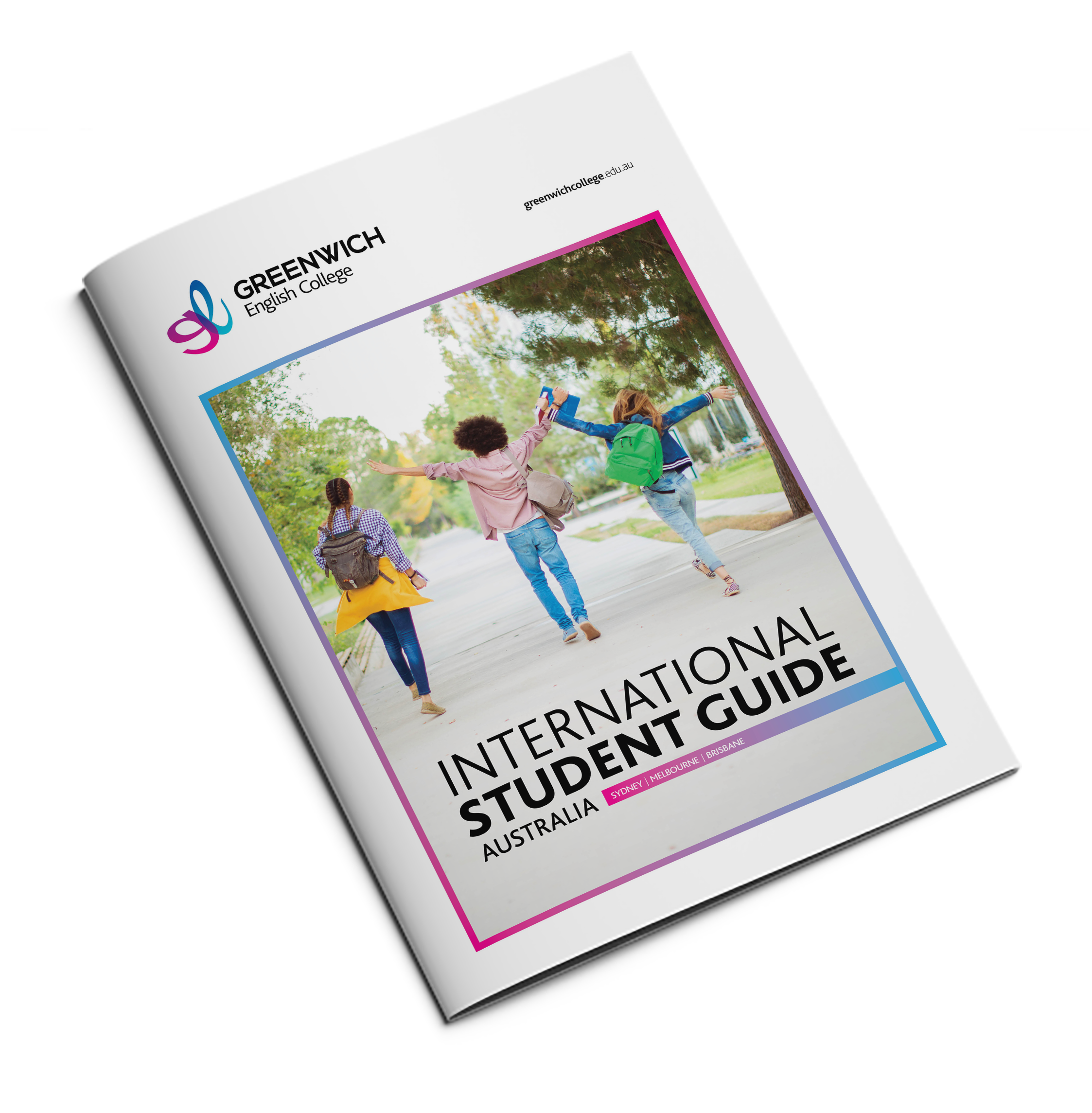.jpg?width=1903&height=644&name=IMG_4106%20(1).jpg)
Latest News

English Tips - the fine art of the indirect question
Has this ever happened to you? You go up to a native English speaker and ask them a question or say something in perfectly correct English, perhaps a phrase you may have taken straight out of your textbook and your English lessons. The grammar is correct and you spoke very clearly, but the person looks a little uncomfortable or seems unsure of how to answer you.
Before you check your grammar and pronunciation again, it’s worth asking yourself “was I being too direct?”
Why indirect questions?
In English, it is often considered more polite and non-confrontational to ask indirect questions, especially when talking with strangers. They are also sometimes a useful way for seeking out information that someone might be a bit uncomfortable or asking someone to do something that is a bit of an inconvenience – if you deliver it in the right way!
Consider these scenarios:
- You’re in the supermarket and you’re not sure which brand of detergent is better. You turn to a lady beside you and ask “Which one is better?”
- You’re studying in a study room and someone has their music on very loud. You go over to them and say, “Could you turn down your music?”
- It’s your first day of class and you need to find Liverpool Street. You go to a stranger and ask her “Where is Liverpool Street?”
The examples above all use direct questions. While your intentions and meaning are clear and you’ll usually get the answer or the result you’re after, if you’re looking to “up the ante” and improve your English, you can experiment with using indirect questions instead.
How do you form an indirect question?
An indirect question is a question that seeks out more information – it is indirect because the question you’re asking is not actually the information you’re looking for.
Formulating an indirect question means including an introductory phrase.
Some common introductory phrases for indirect questions include:
- Would you mind…?
- Is there some chance…?
- Are you able to…?
- Do you know…?
- I was hoping…
- I was wondering…
- Do you think…?
- Would it be possible…?
- Could you tell me…?
Examples of how indirect questions can work
Here are some great indirect questions in action – and remember it's always effective to include a “please”, “excuse me” and “thank you” when appropriate.
- You’re in the supermarket and you’re not sure which brand of detergent is better. You turn to a woman next to you and ask, “Do you know which one is better?”
- You’re studying in a study room and someone has their music on very loud. You go over to them and say, “Would you mind turning down your music?”
- It’s your first day of class and you need to find Liverpool Street. You go to a stranger and ask her “Excuse me, could you tell me where Liverpool Street is?”
The art of subtlety
Sometimes, indirect questions are a great way to ask for something or to find out information that someone might not be very willing to share! Consider these scenarios:
- You’re in an electronics store buying a new camera. You think the price is a little too expensive so you ask “Is there anything you can do about the price?”
- Your teacher has finished marking the exams but the grades won’t be released for another week. You see him in his office and after a bit chit chat, you say “I was wondering if you could tell me how I did on my test .”
And remember - a great big smile never hurts!
We were wondering about when you’ve used indirect questions – leave a comment below!
 Chinese
Chinese Japanese
Japanese Italian
Italian Korean
Korean Spanish
Spanish Portuguese
Portuguese Thai
Thai Vietnamese
Vietnamese









